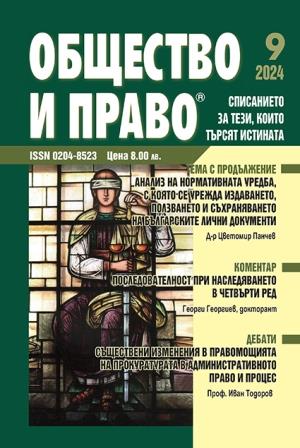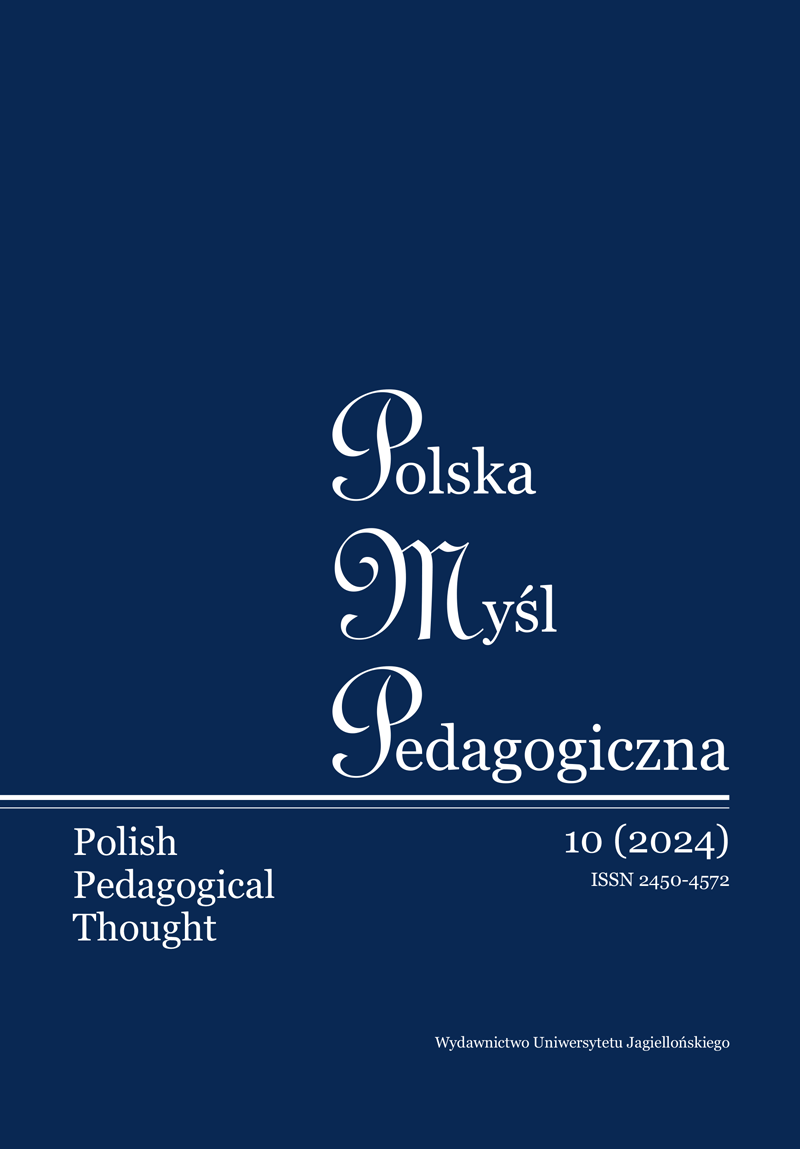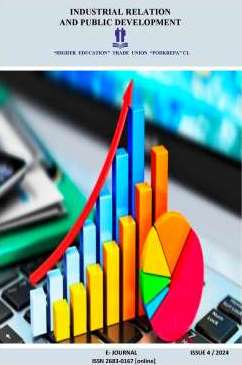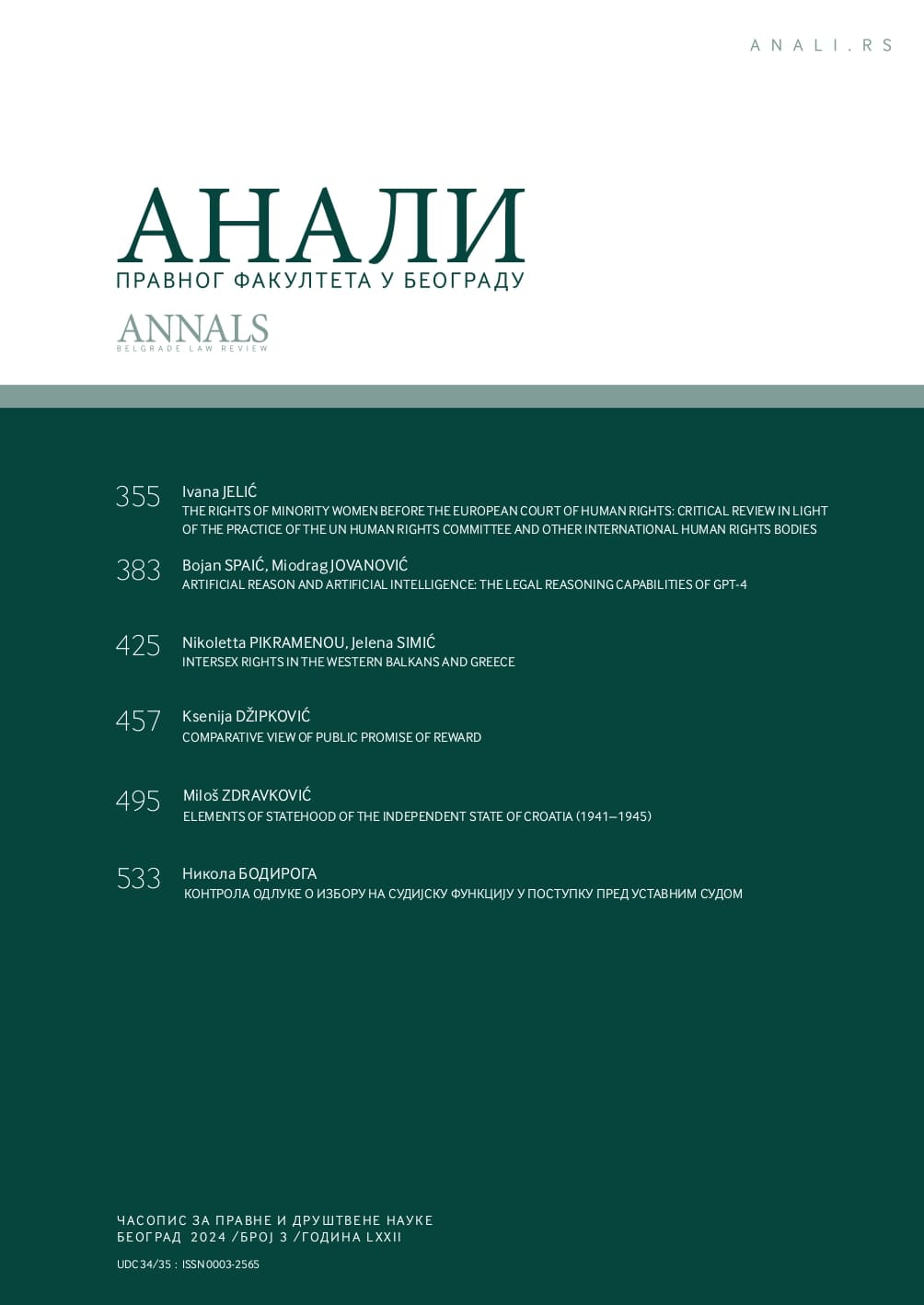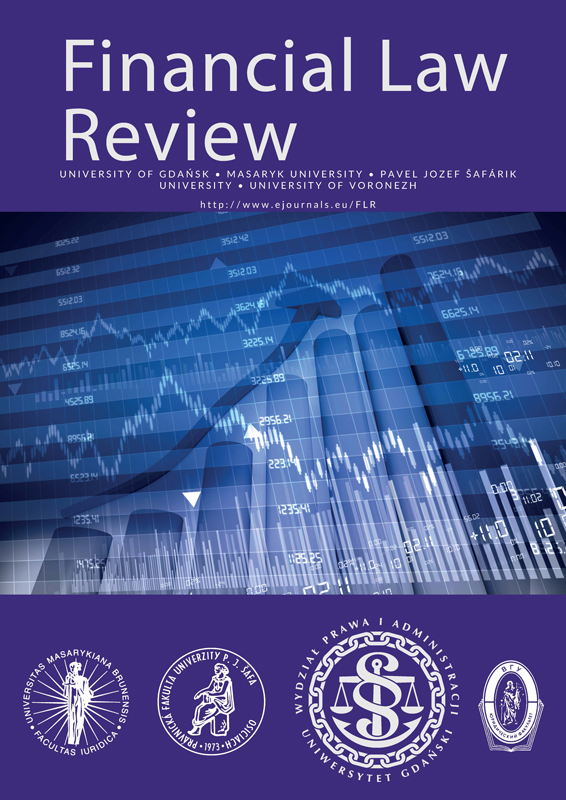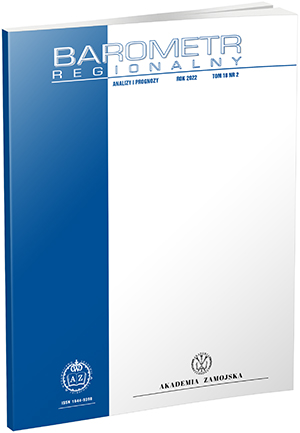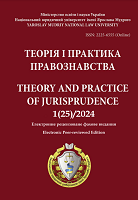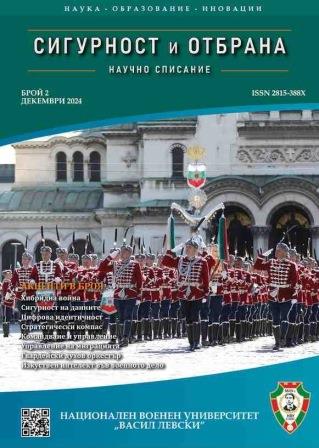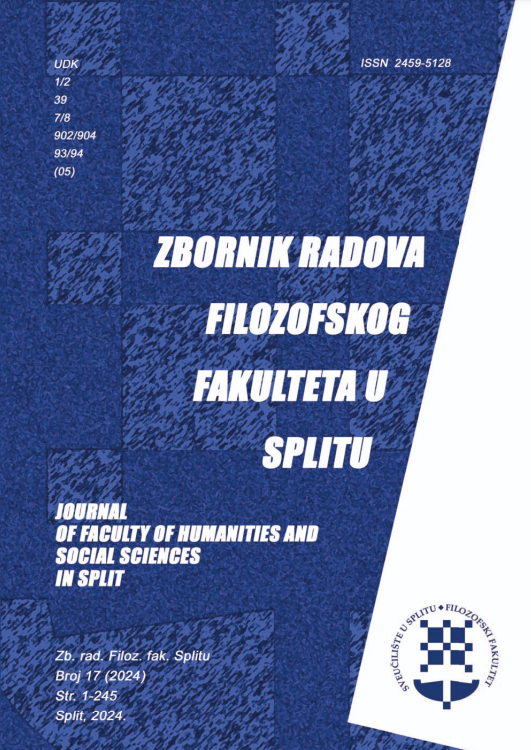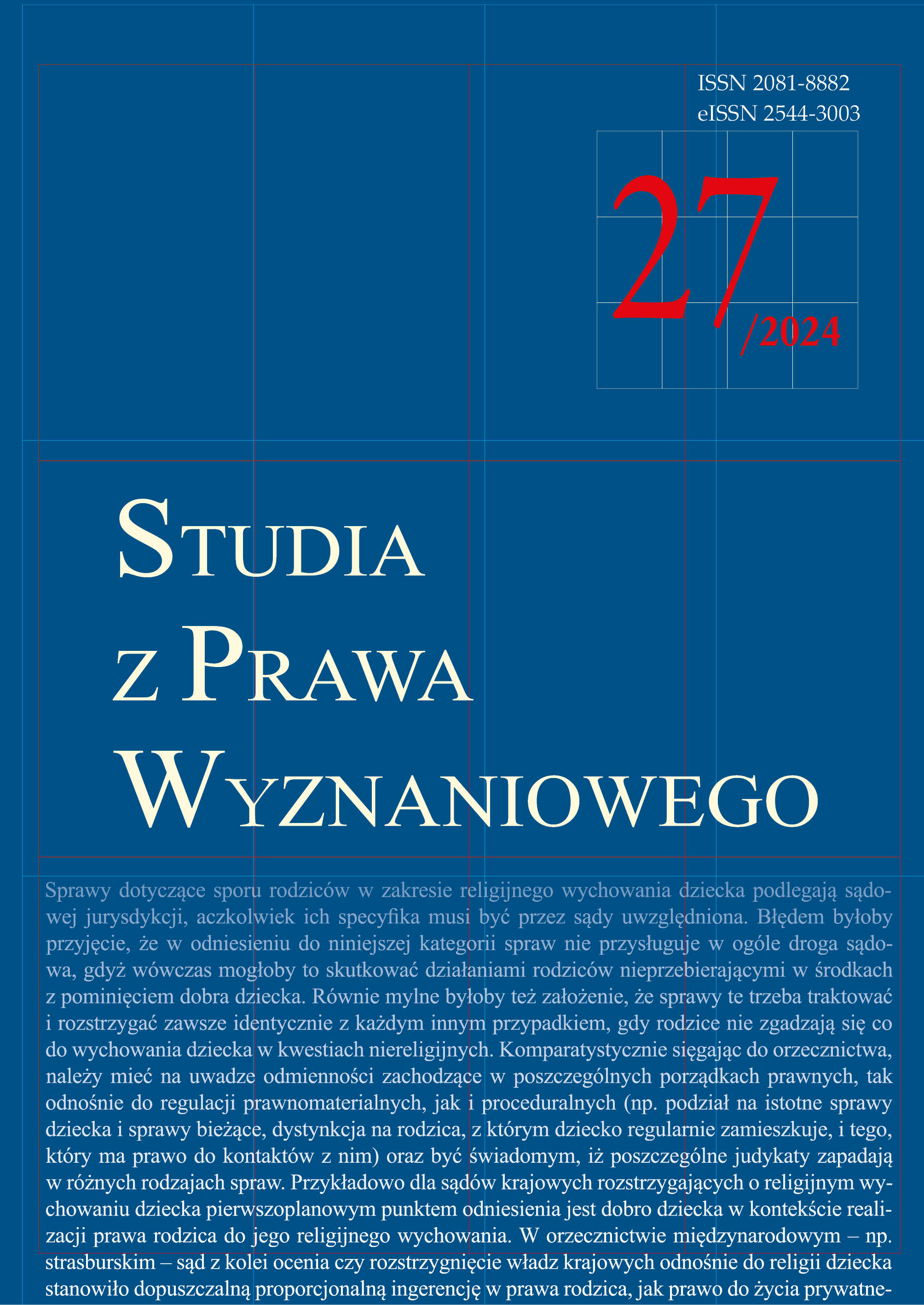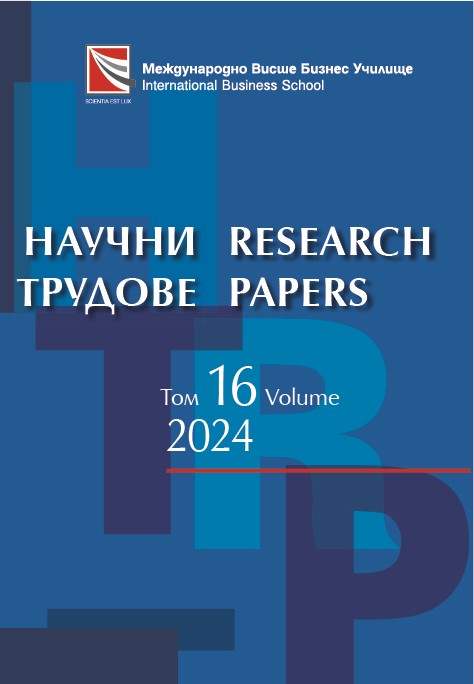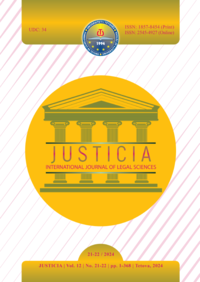
PANDEMICS AND BEYOND LEGAL IMPLICATIONS FOR COMBATTING ALTERNATIVE FORMS OF TERRORISM AND BIOTERRORISM
Preventing terrorism and bioterrorism is a top priority nowadays, both globally and locally. This article examines the phenomenon of terrorism and bioterrorism within a legal and ethical reflection within the framework of law and national security. This work aims to highlight this problem by discussing its factors, dynamics, and prospects in Albania compared to international law. These adjustments are surely well worth analyzing and bringing to the eye of prosecutors and lawmakers today. The study examines terrorism and bioterrorism, including their prosecution, legal measures, and major issues on a global, regional, and national level. By studying the phenomenon, behaviors, worldwide regulation, practices, and judicial predictions, we have come to a few conclusions concerning the suitability of our regulation with the supranational one, specifically with that of the European Union to enhance country-wide protection and improvements in the Rule of Law.
More...
